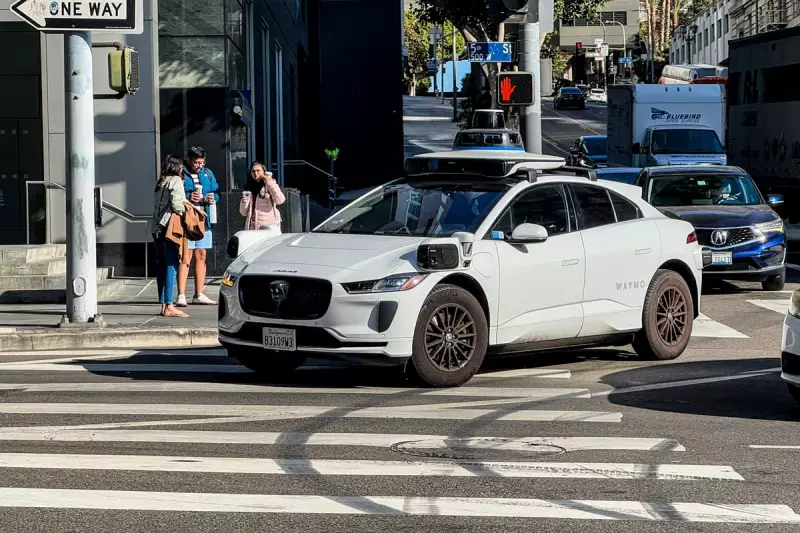
London's iconic black cabs are about to get some futuristic competition as Waymo, the autonomous vehicle pioneer owned by Alphabet, has officially begun operations on the capital's streets. The company's distinctive Jaguar I-PACE vehicles have been spotted navigating central London, marking a significant step toward launching a full commercial robotaxi service.
Mapping the Road Ahead
Waymo has confirmed that their vehicles are currently in the data-gathering phase, meticulously mapping London's complex road network. This crucial first step involves collecting detailed information about street layouts, traffic patterns, and potential challenges unique to London's driving environment.
A Waymo spokesperson revealed: "We're taking the first steps toward bringing our autonomous ride-hailing service to London. Our team is beginning to map the city, which will help us understand more about how Waymo's technology can navigate the complex London environment."
London's Unique Challenges
The capital presents several distinctive obstacles for autonomous vehicles that Waymo must overcome:
- Historic narrow streets and complex junctions
- Heavy pedestrian traffic and tourist crowds
- London's famous black cabs and extensive bus network
- Cyclists and dedicated cycle lanes
- Variable weather conditions affecting visibility
Building on American Success
Waymo isn't new to the autonomous vehicle game. The company already operates commercial robotaxi services in multiple US cities including Phoenix, San Francisco, and Los Angeles. Their expansion to London represents their first major international deployment and a significant vote of confidence in the UK's tech infrastructure.
The company emphasised their commitment to safety, noting they'll work closely with Transport for London, local communities, and policymakers throughout the rollout process.
What This Means for Londoners
While no official launch date has been announced, the appearance of Waymo vehicles on London streets signals that driverless taxis could become a reality for London residents sooner than many anticipated. This development positions London at the forefront of transport innovation alongside other global cities embracing autonomous technology.
The move could potentially revolutionise urban mobility in the capital, offering new transport options while raising important questions about regulation, safety, and the future of traditional taxi services.





